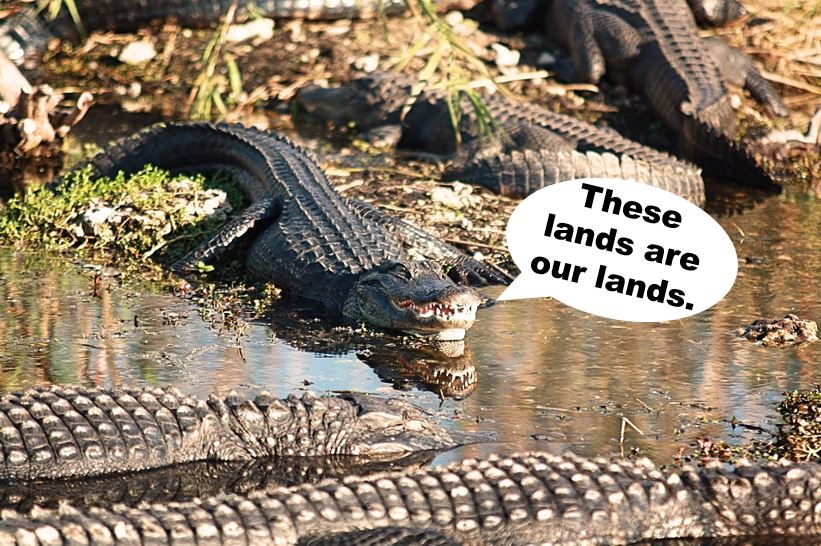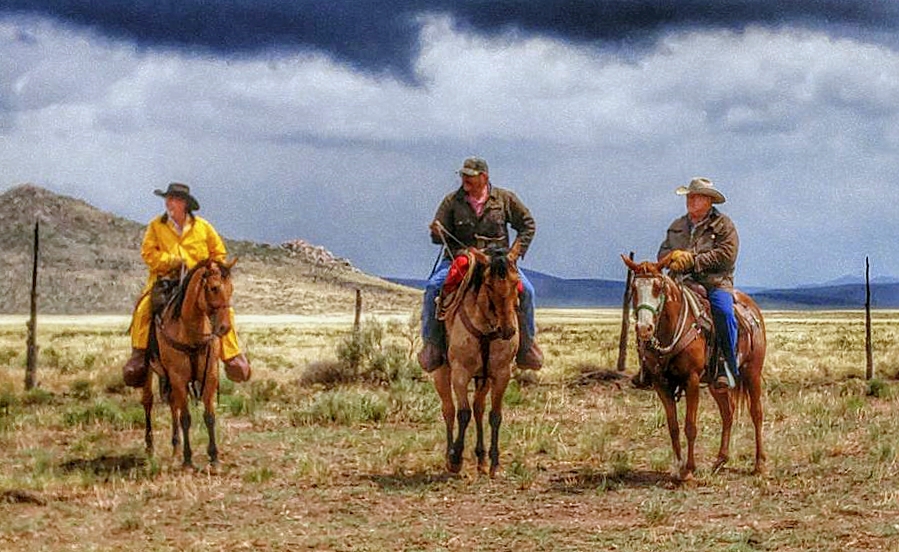His reasoning was that managers with their feet on the ground have the most knowledge of their resources in order to foster multiple use management, the mission of the Department of Interior. This decentralizaiton explains a lot of the pushback in Washington and from environmental groups who have had and want to maintain their power.
Opinion by Terry L. Anderson
Trump is reorganizing the public land Leviathan – and DC bureaucrats are not happy
Not since the Reagan administration has the Secretary of Interior received so much attention. Then Reagan’s interior secretary, James Watt, without the aid of a Twitter account, polarized the electorate saying there are “liberals and Americans.” That and other provocative statements led Time Magazine to include him in its list of the “Top 10 Worst Cabinet Members.”
President Trump’s Interior secretary Ryan Zinke’s language may not be inflammatory enough to get him on the list, but his policies certainly have kept the agency that manages 700,000 square miles in the headlines. After locking horns with environmentalists and outdoor equipment suppliers over his recommendation to reduce two huge Utah national monuments from 3.2 million acres to 1.1 million acres, Zinke proposed reorganizing his department giving more authority to regional offices. His reasoning was that managers with their feet on the ground have the most knowledge of their resources in order to foster multiple use management, the mission of the Department of Interior. This decentralizaiton explains a lot of the pushback in Washington and from environmental groups who have had and want to maintain their power.
Secretary Zinke is in good company with his proposed reorganization. In 1889, John Wesley Powell, the famous explorer of the Colorado River and the first European to float through the Grand Canyon, was asked to address the Montana Constitutional Convention. He suggested that the counties should be organized around drainage basins because people of the drainage basin “are more interested than any other people” in how the resources will be managed. When he added that “the government of the United States should cede all of the lands of that drainage basin to the people who live in that basin,” Powell was greeted with thunderous applause.
Zinke has not gone quite as far as Powell suggested, but his reorganization is definitely aimed at putting more decision making power at the local level. Believing that the Department of Interior is “mismanaging and squandering our assets through a layered bureaucracy,” Zinke wants to move assets and decision making authority “to the front lines,” something western state and local officials have wanted since the Sage Brush Rebellion in the late 1970s. He hopes the reorganization will improve recreational access, simplify environmental reviews, and speed up the permitting process for everything from energy development to proactive steps for managing timber to reduce the threat of wildfires.
Free Range Report
Thank you for reading our latest report, but before you go…
Our loyalty is to the truth and to YOU, our readers!
We respect your reading experience, and have refrained from putting up a paywall and obnoxious advertisements, which means that we get by on small donations from people like you. We’re not asking for much, but any amount that you can give goes a long way to securing a better future for the people who make America great.
[paypal_donation_button]
For as little as $1 you can support Free Range Report, and it takes only a moment.




One of the best, most sensible opinion piece I read in months! Thanks for finding it and sharing.